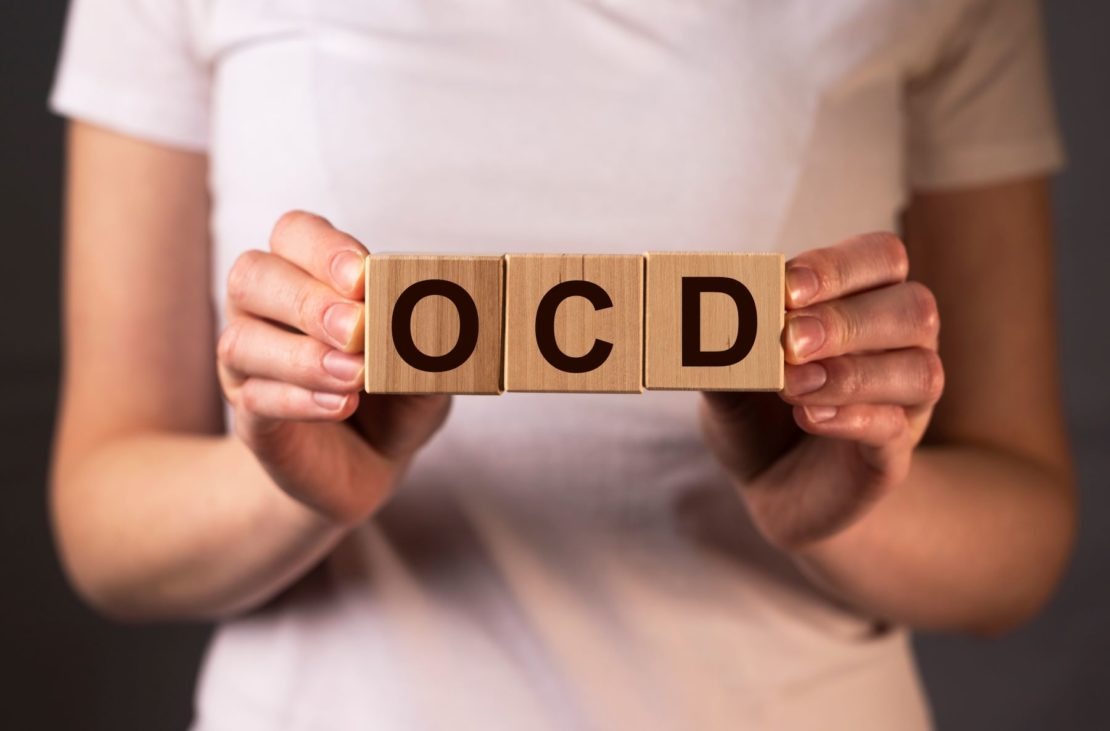Living with Obsessive-Compulsive Disorder (OCD) can feel like being trapped in a mental loop of fears, rituals, and endless self-doubt. From checking the same door multiple times to intrusive thoughts that cause significant anxiety, OCD affects every facet of life. However, modern approaches to mental health in cities like Dubai are changing the narrative. In the heart of this fast-paced metropolis, a combination of cultural openness and advanced healthcare infrastructure is offering hope. At the core of this transformation lies OCD treatment in Dubai, blending international standards with a personalized, compassionate touch.
Understanding OCD: Beyond the Stereotypes
OCD is more than being “neat” or “organized.” It’s a serious mental health condition characterized by persistent, unwanted thoughts (obsessions) and repetitive behaviours or mental acts (compulsions). These actions are performed in an effort to reduce the distress caused by the obsessions, but they often end up reinforcing the cycle instead.
For instance, someone may fear contamination and respond by washing their hands dozens of times a day, despite knowing it’s irrational. The issue isn’t the behaviour itself, but the anxiety behind it and the degree to which it interferes with daily life.
Types of OCD and Symptoms
Understanding the specific type of OCD a person has is essential for effective treatment. Common types include:
-
Contamination OCD: Fear of germs or disease.
-
Checking OCD: Repeatedly checking things like locks, appliances, or emails.
-
Symmetry and Order OCD: Needing things to be aligned or arranged in a specific way.
-
Harm OCD: Fear of causing harm to oneself or others.
-
Intrusive Thoughts: Disturbing, unwanted thoughts that are often violent or inappropriate.
Each form of OCD manifests differently, and the treatment approach is tailored to the individual’s experience and triggers.
The Treatment Landscape in Dubai
Dubai’s growing mental health awareness has led to the development of effective and inclusive treatment strategies. These options are typically multi-faceted and may include a combination of psychological, behavioural, and support-based therapies. Here’s how treatment usually works:
1. Initial Assessment and Diagnosis
The journey begins with a comprehensive assessment to determine the severity and type of OCD. This includes in-depth interviews, psychological evaluations, and often questionnaires that map out the patient’s symptoms and behaviours.
The focus at this stage is on building trust and understanding the root causes of the compulsions and obsessions. This foundation is critical in shaping the treatment strategy.
2. Cognitive Behavioural Therapy (CBT)
CBT is widely considered the gold standard for OCD treatment. Specifically, a subtype of CBT known as Exposure and Response Prevention (ERP) is most effective. ERP works by gradually exposing individuals to the source of their fear without allowing them to perform their usual compulsion. Over time, this helps retrain the brain to no longer perceive the feared object or thought as dangerous.
For example, a person with contamination OCD might be encouraged to touch a doorknob and then resist the urge to wash their hands immediately. It’s not easy, but the results can be life-changing.
3. Supportive Counselling and Psychoeducation
Education plays a vital role in managing OCD. Understanding how the brain works and why obsessions occur helps individuals gain perspective. Family members may also be involved, learning how to provide support without enabling the compulsions.
Support groups and one-on-one counselling offer a safe space to share experiences, setbacks, and victories. In a city as diverse as Dubai, multilingual and culturally sensitive support can also be found, catering to the city’s expat and local population alike.
4. Mindfulness and Stress Reduction
Mindfulness techniques such as breathing exercises, meditation, and grounding exercises are often integrated into treatment plans. These help manage anxiety and break the automatic cycle of obsession and compulsion. Practicing mindfulness allows individuals to observe their thoughts without judgment and reduces the need to act on them impulsively.
5. Lifestyle and Routine Adjustments
Sleep, diet, and physical activity play an underestimated role in mental health. Treatment often includes coaching on how to build a healthier daily routine, which contributes to overall emotional balance and reduces OCD symptom intensity.
In Dubai’s urban lifestyle, learning how to balance work pressure, social obligations, and self-care is crucial. Therapists often help clients create realistic, flexible schedules that allow room for recovery.

Cultural Sensitivity in Treatment
One of Dubai’s strengths lies in its cultural diversity. Treatment plans here are often tailored to consider religious beliefs, family dynamics, and societal norms. For individuals from conservative backgrounds, this respectful approach can mean the difference between avoiding treatment and embracing it.
By integrating local values with evidence-based therapy, mental health professionals in Dubai help reduce the stigma around OCD and make support more accessible and relatable.
What Recovery Looks Like
OCD doesn’t usually disappear overnight. But with the right combination of therapies and support, individuals often see a significant reduction in symptoms. Recovery means regaining control, learning to coexist with uncertainty, and building resilience against future relapses.
People who complete a structured treatment program often report improved relationships, better focus at work, and more joy in everyday activities. The goal isn’t perfection—it’s freedom.
Conclusion
For those living with the relentless cycle of obsessions and compulsions, there is hope and help available. Whether you’ve just noticed the signs or have been struggling for years, exploring OCD treatment Dubai can open the door to a healthier, more empowered life. Through structured therapy, compassionate support, and personalized care, individuals are finding the strength to break free—and begin anew.
